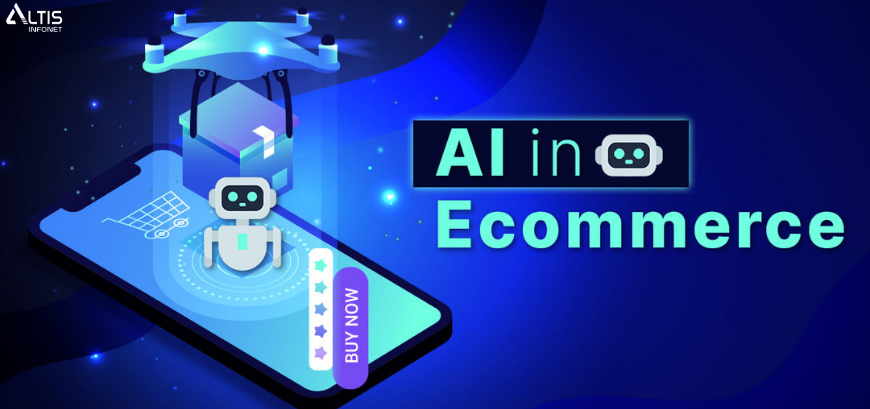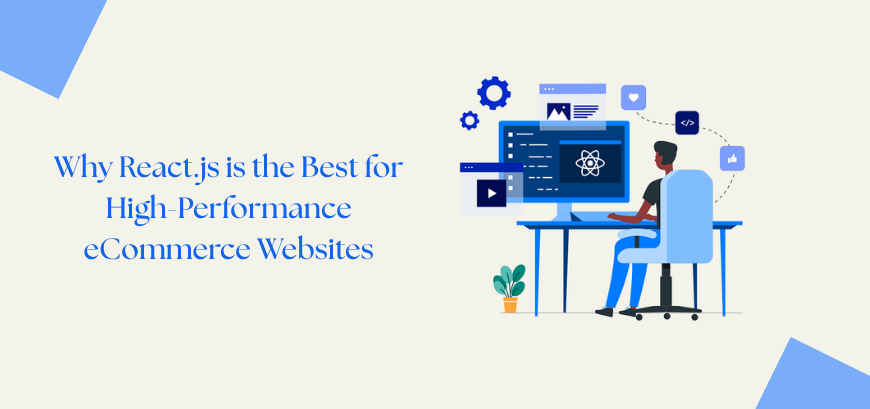The landscape of programming languages is ever-changing, with new languages and frameworks appearing at a fast pace. As technology evolves, so does the demand for tools that can meet the challenges of modern software development. In this blog, we’ll dive into the latest trends in programming languages and share insights into what the future might hold.
The Growing Popularity of Domain-Specific Languages (DSLs)
Domain-Specific Languages (DSLs) are tailored for particular areas like data analysis, machine learning, or financial modeling. With their concise and intuitive syntax, DSLs provide an easier and more efficient alternative to general-purpose languages for handling specialized tasks. As software systems become more complex, the use of DSLs is on the rise, offering streamlined solutions for specific challenges.
Examples of DSLs:
- SQL: A language specifically designed for querying and manipulating databases.
- R: A programming language designed for statistical computing and data analysis.
- Verilog: A specialized language used to describe and design digital circuits.
The Increasing Adoption of Functional Programming
Functional programming focuses on using functions as the core components of software development. Known for its immutability, purity, and declarative approach, this paradigm can result in cleaner, more maintainable code. Languages like Haskell, Scala, and Elixir are becoming more popular, especially in fields such as web development and data processing, as developers recognize the benefits of functional programming.
The Influence of Artificial Intelligence (AI) on Programming
Artificial Intelligence is transforming the software development landscape, and its impact is expected to grow further. AI-driven tools are automating tasks such as code generation, testing, and debugging, allowing developers to concentrate on more strategic and creative aspects of their work. Looking ahead, it’s possible that AI-generated code will become virtually indistinguishable from code written by humans.
You can also read:- 7 Tips to Dominate Web Design and Development with AI
The Growing Need for Performance and Efficiency
With software systems becoming more intricate and resource-intensive, performance and efficiency have taken on greater significance. Although high-level languages like Python and JavaScript are user-friendly, they can lag in speed compared to lower-level languages like C++ and Rust. Looking ahead, there may be a renewed focus on languages that combine the ease of high-level abstractions with the performance capabilities of lower-level ones.
The Future of Programming and the Influence of Open Source
Open source software has been instrumental in shaping the evolution of programming languages and development tools. Widely-used languages like Python, JavaScript, and Ruby all owe their success to the open source model. As this trend continues to grow, we can anticipate the rise of more open source languages and tools, with an increased focus on collaboration and community-led innovation.
Looking Ahead: The Future of Programming Languages
While it’s challenging to foresee the precise direction programming languages will take, current trends offer insights into several potential developments:
- The continued rise of domain-specific languages: As software systems become more specialized, DSLs will become even more important.
- The growing popularity of functional programming: Functional languages will continue to gain traction, especially in areas like web development and data processing.
- The increasing use of AI-powered tools: AI will automate many aspects of software development, freeing up developers to focus on more creative and strategic work.
- A renewed emphasis on performance and efficiency: As software systems become more demanding, there will be a greater focus on languages that offer both high-level abstractions and low-level performance.
- The enduring influence of open source: Open source software will continue to play a pivotal role in shaping the evolution of programming languages and development tools.
In the end, the future of programming languages will be shaped by developers’ needs and the ever-changing technological landscape. As new challenges emerge and opportunities grow, we can anticipate the development of innovative languages and paradigms that align with the demands of tomorrow.
Seeking an Outcome-Oriented Digital Marketing Firm?
Altis Infonet Pvt Ltd is a Web Development and Digital Marketing company with a focus on client servicing through knowledge-based solutions. Our team of experts will help make your digital dreams come true!





